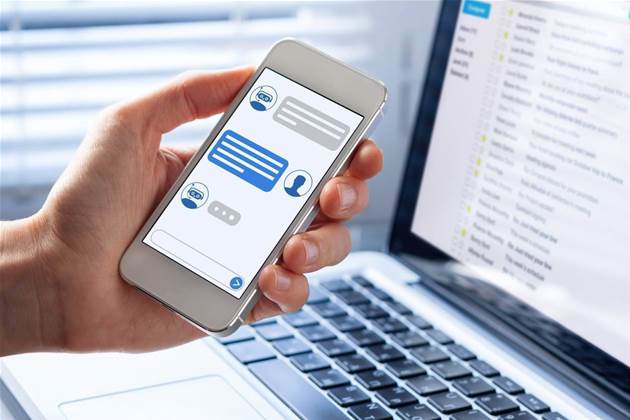Western Sydney University (WSU) has outlined some use cases for generative AI applications as it builds digital solutions to be more “flexible and adaptable.”

Sami Beydoun, team leader for the student services hub, Western Sydney University told a Genesys Xperience Sydney audience the university has “jumped into the deep end” and we're looking at all these AI-driven tools.”
“It's easy to get lost in functional applications of these things. But we want to ensure that our focus, when it comes to innovation, is on enhancing the student experience and the employee experience in parallel.”
Beydoun said, “There are lots of individual, functional use cases that we've identified for generative AI”.
“In conjunction with the work we've done with Nexon …. That's played a big part in how we use generative AI or view its utility.
“One of those use cases has been to think about how we can create content for our bots. There are these methods in place where you can ultimately scrape web pages for useful information that can then be summarised using generative AI to streamline the content creation process.”
He said this helps the university “bolster” its support delivery for different types of knowledge and content across bot channels.
“Another example would be tailoring answers in bot conversations to the specific contexts and needs of the individual at hand.
“When I think of generative AI, its ability to recognise context and relevance, at this stage is ultimately what stands out as its superpower.
“As we start to utilise the infrastructure around things like predictive engagement more, how can we then combine that with generative AI to ensure that the information we're delivering is far more comprehensive and perhaps even more conversational.”
Beydoun explained when examining the current chatbot layout “it is very one, question one answer”, creating a highly transactional situation.
“People's expectations are evolving. They want a more conversational human life experience, even from something they know is ultimately a digital box.
“The next-gen bot context implementation is something we're looking to and we've been doing some pilot work with Nexon on that front.
“The other aspect we're looking at is having nice clean data sources so that we can then look at all these Copilot tools that will enhance our reporting capabilities and offer that real-time access to insights that can ultimately be tricky in a fast-paced complex service environment.”
The university already provides access to Microsoft Co-Pilot, which uses GPT-4 and DALL-E 3 to generate text and images.
During the talk, Beydoun said that “ultimately, we've had to be flexible and adaptable”.
“The way we worked previously, is very different to how we're working now. At the initial point of onboarding onto Genesys, there's always a bit of adjustment when you have a new look and feel,
“But what was positive is throughout the process, we engaged the agents who are ultimately going to be using the platform to get feedback and to ensure that the tools and the training we're providing for them, suits them,” Beydoun said.
The university has already overhauled its student engagement hub using AI and digital solutions plus utilising Genesys partner Nexon, WhatsApp messaging platform, AI bots for better self-service plus AI-driven insights for improved decision-making.
This work led to a reduction in average call response time by 65 percent plus win bank 30 minutes per day for its agents plus 30 minutes saved per day.




_(20).jpg&h=140&w=231&c=1&s=0)
_(22).jpg&h=140&w=231&c=1&s=0)



_(26).jpg&w=100&c=1&s=0)

 iTnews Executive Retreat - Security Leaders Edition
iTnews Executive Retreat - Security Leaders Edition












_(1).jpg&h=140&w=231&c=1&s=0)



